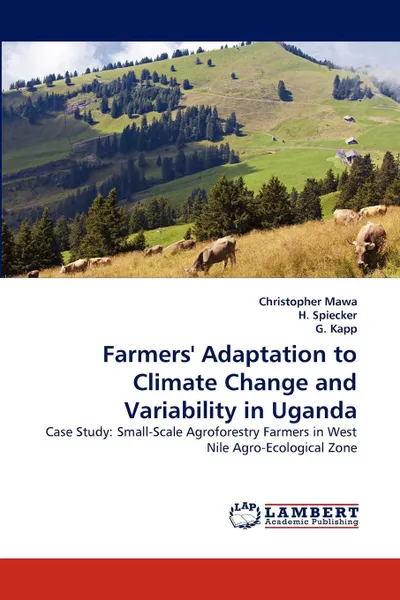Farmers' Adaptation to Climate Change and Variability in Uganda 14+
2010
88 страниц
Категория: Научная литература
ISBN: 9783838384115
Язык: Английский
📕 The increasing frequency of extreme events in Uganda places the survival of its small-scale farming communities at risk since subsistence rain-fed agriculture is their primary source of livelihood. Given its scarce irrigation schemes, the erratic rainfall patterns in Uganda lead to field water stress, crop failure, and eventually food insecurity and famine. This book examines the adaptation strategies of small-scale agroforestry farmers to climate change and variability in West Nile Agro- ecological zone, Uganda. The socio-demographic factors that influence the farmers' choice of adaptation strategies have been detailed. Recommendations have also been drawn to increase the farmers' resilience to the negative impacts of climate change and variability and to take advantage of opportunities presented by the change.
Мнения
